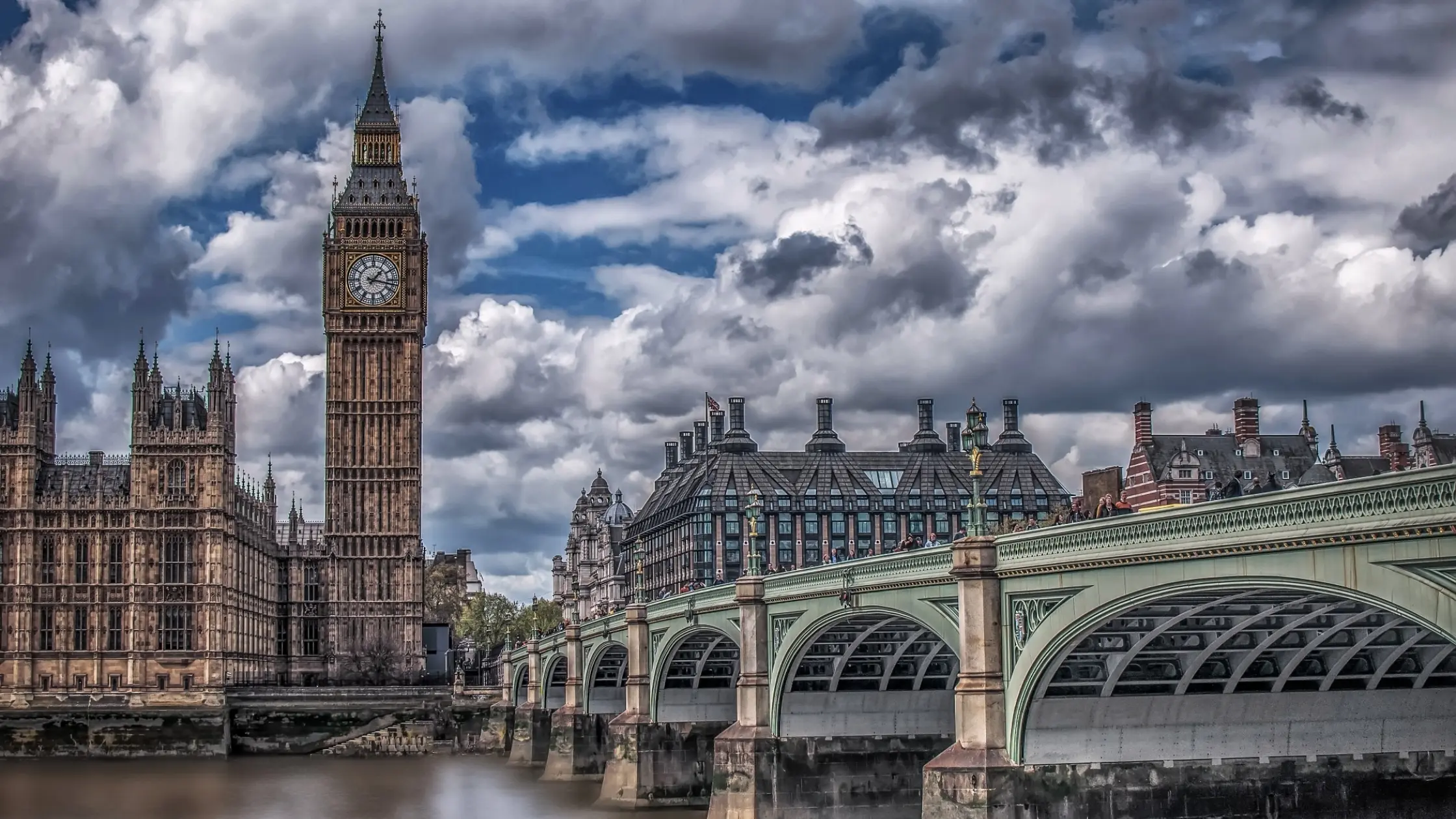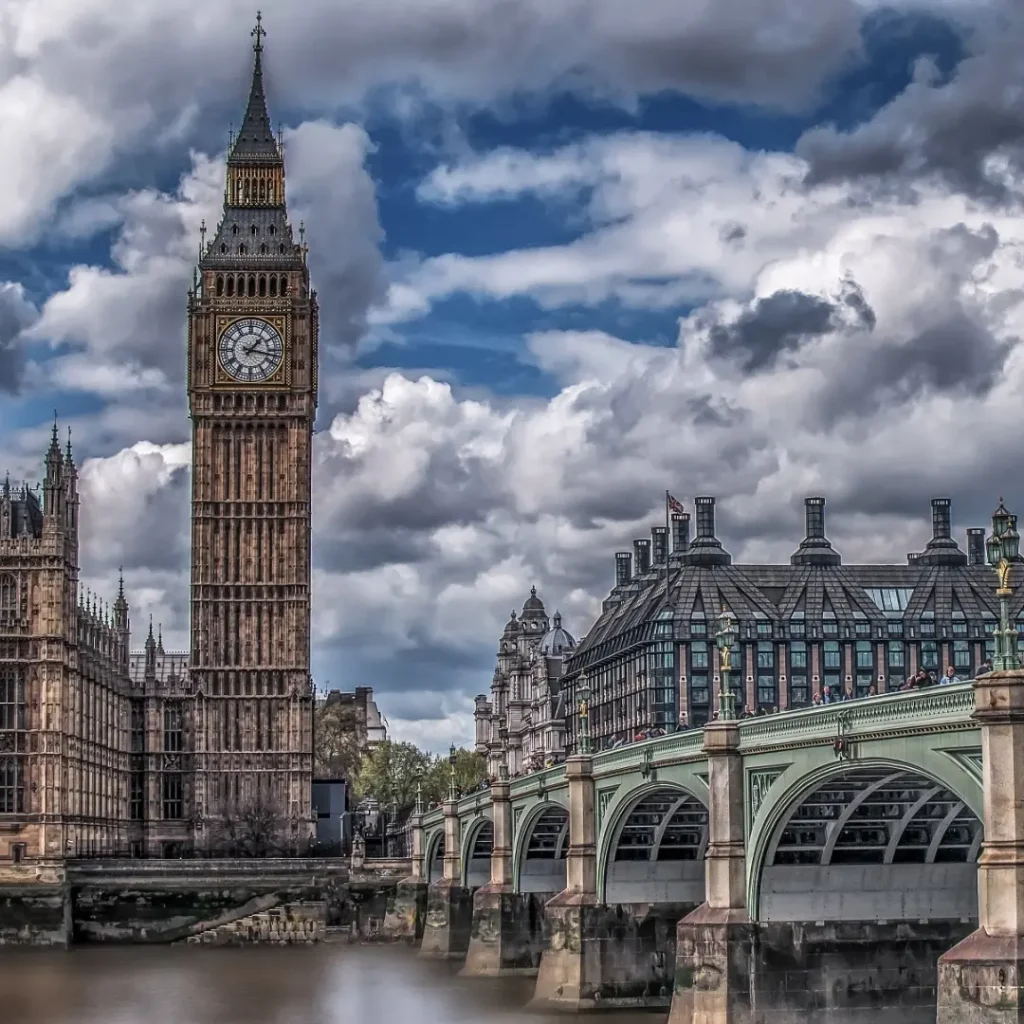

Navigating the Risks: Why UK Businesses Must Embrace Net Zero Targets
In an era defined by mounting environmental concerns and the imperative for sustainability, the concept of net zero emissions has gained significant traction. The United Kingdom, renowned for its commitment to combating climate change, has set the ambitious target of achieving net zero carbon emissions by 2050. Yet, as this target looms, some businesses might be tempted to overlook or delay their efforts toward embracing net zero practices. In this blog, we delve into the substantial risks that UK businesses face when they do not align with net zero targets and explore the compelling reasons why embracing these targets is not just an environmental responsibility but a strategic necessity.
Understanding Net Zero Targets
Net zero, in essence, signifies achieving a state where the total amount of greenhouse gases released into the atmosphere is equivalent to the amount removed. This equilibrium is paramount to curbing the detrimental effects of climate change. With the UK government making it official policy, it’s no longer a choice but a collective responsibility.
The Risks of Inaction
Reputation and Brand Damage
Lighting the Way for Households Home Energy, as a domestic energy supplier, plays a pivotal role in realizing the net zero dream at the grassroots level. By providing UK homes with clean and renewable gas and electricity options, Home Energy empowers individuals to make environmentally conscious choices in their daily lives. This commitment aligns seamlessly with the overarching goal of reducing carbon emissions, one household at a time.
Regulatory Backlash
Igniting Sustainable Growth in Businesses As a supplier of gas and electricity to UK businesses, One Business Energy recognizes the influential role that corporations play in shaping the global landscape. By offering sustainable energy solutions to businesses, the company contributes to reducing the carbon footprint of the commercial sector. This not only supports businesses in achieving their sustainability targets but also fuels economic growth through responsible energy consumption.
Market Exclusion
Flowing Towards Responsible Water Management One Business Water understands the significance of water conservation in the quest for sustainability. As a supplier of water to UK businesses, the company takes a proactive stance in promoting responsible water management practices. This approach not only conserves a precious resource but also aligns with the broader mission of reducing ecological impact.
Supply Chain Vulnerability
A business’s supply chain is its backbone. As climate change escalates, vulnerabilities in supply chains could become more pronounced. Businesses that haven’t adapted to sustainability might face disruptions due to resource scarcity, increased costs, and regulatory barriers.
Operational Inefficiencies
Delaying the adoption of sustainable practices often means continuing with inefficient processes. Such inefficiencies can lead to higher operational costs, reduced productivity, and increased wastage.


Turning Risks into Opportunities
Enhanced Reputation
Embracing net zero targets offers businesses a chance to enhance their brand image as responsible corporate citizens. Customers and investors are more likely to support companies that are actively contributing to environmental well-being.
Innovation and Market Leadership
Striving for net zero pushes businesses to innovate and develop sustainable products and services. These innovations can lead to new market opportunities, setting businesses apart as pioneers in their industries.
Cost Savings: Sustainable practices often translate to reduced energy consumption, waste, and inefficiencies. By adopting net zero targets, businesses can significantly cut down on operational costs in the long run.
Resilience in Supply Chains
Businesses that prioritize sustainability in their supply chains are better equipped to handle disruptions caused by climate-related challenges, ensuring a more resilient and stable operation.
Employee Engagement
Embracing net zero goals can boost employee morale and engagement. Employees are more likely to be motivated by working for an organization that aligns with their personal values and contributes to a positive impact.
Case Studies: Lessons from Leaders
Unilever
Unilever’s commitment to being carbon positive by 2030 has not only improved its reputation but also increased its attractiveness to investors. By focusing on sustainable sourcing and reducing emissions, Unilever has become an industry leader.
British Airways
British Airways is making strides toward net zero by investing in sustainable aviation fuels and exploring carbon offset initiatives. This proactive approach is not only future-proofing the airline but also contributing to a cleaner aviation industry.
Conclusion
The risks associated with not embracing net zero targets for UK businesses are not mere hypotheticals. They are real, substantial, and multi-faceted. As the world turns its focus to sustainability, businesses that do not adapt risk missing out on myriad opportunities, facing regulatory hurdles, and damaging their reputation irreparably. Net zero is not just a buzzword; it’s a strategic imperative that aligns with environmental stewardship and long-term business success.
Embracing net zero targets isn’t just about avoiding risks; it’s about seizing the advantages it offers. From enhanced brand reputation to market leadership, cost savings to resilient supply chains, the benefits are clear. By adopting a proactive approach and committing to sustainability, UK businesses can not only contribute to a better future but also thrive in an evolving business landscape. Net zero isn’t a risk; it’s a chance for transformation and growth.
